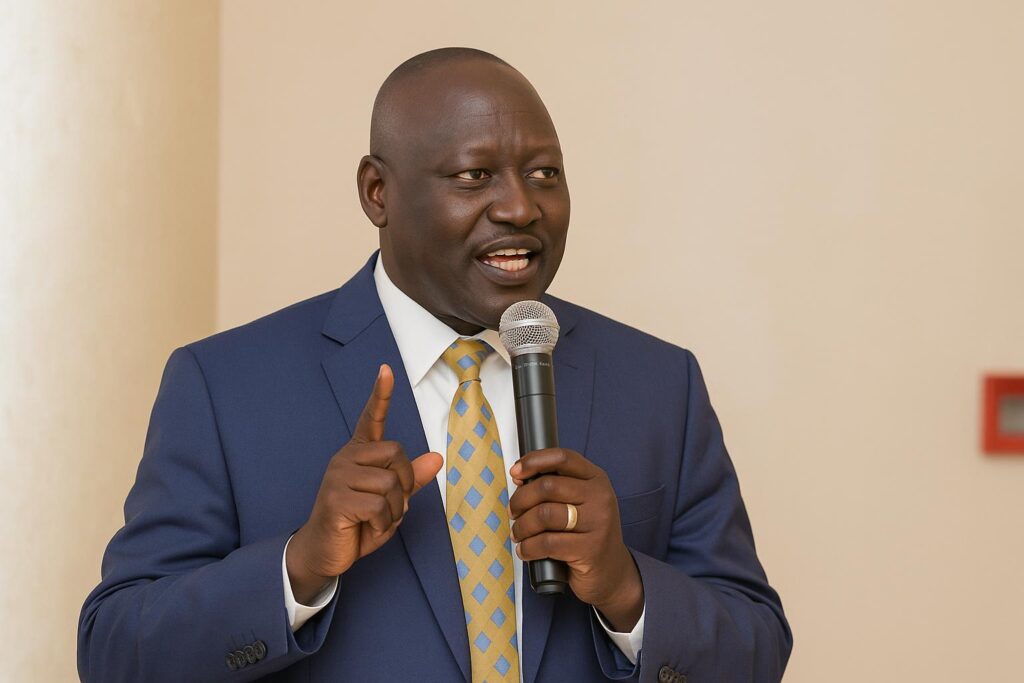Revenue Authority reinforces compliance
At the Juba headquarters, Commissioner General Simon Akuei Deng held up the redesigned Form 15, its watermark glinting under studio lights. He stressed that only this version now carries legal weight for every tax receipt issued across South Sudan.
Akuei described the form as the backbone of daily revenue flows. “Each slip feeds hospitals, schools and roads,” he said, noting that any leak through counterfeit forms deprives citizens of essential public goods.
Enhanced security features unveiled
The new Form 15 carries serialised barcodes, micro-print lines and heat-sensitive ink. According to the printing contractor, these measures meet East African anti-fraud standards and can be verified with a mobile scanner in under five seconds.
Akuei confirmed that more than 600,000 copies have been dispatched to state directorates and border posts. A real-time dashboard tracks distribution, closing the loopholes that once allowed documents to vanish en route to remote towns.
Crackdown on forgery gathers pace
Major General Elia Costa, who leads Civil Registry and Immigration, disclosed that an internal sweep netted several staff suspected of doctoring old forms. “They thought the watermark was mere decoration,” Costa remarked, promising swift prosecution under the Penal Code.
He warned that the same syndicates also dabble in fake visas and passports. Joint taskforces now share fingerprint data, linking forged tax slips to broader criminal networks that drain both revenue and national security.
Call for public vigilance
Officials urged businesses to demand the new form at every transaction. Citizens were asked to report any receipt lacking a barcode via the authority’s toll-free line or WhatsApp portal, an approach credited with exposing early forgery rings.
“Compliance is a partnership,” Akuei noted. He advised against sending intermediaries to handle payments, arguing that personal presence reduces opportunities for bribery and slip substitution at the counter.
Digital horizon on the radar
Akuei hinted that electronic invoicing could replace paper entirely within three years, aligning Juba with regional e-tax trends. However, he said robust connectivity and user training must precede any full migration.
For now, the fortified Form 15 marks a decisive step. “We are sealing cracks while building the bridge to digital,” he concluded, confident that disciplined enforcement will translate into steadier fiscal health for the young nation.


